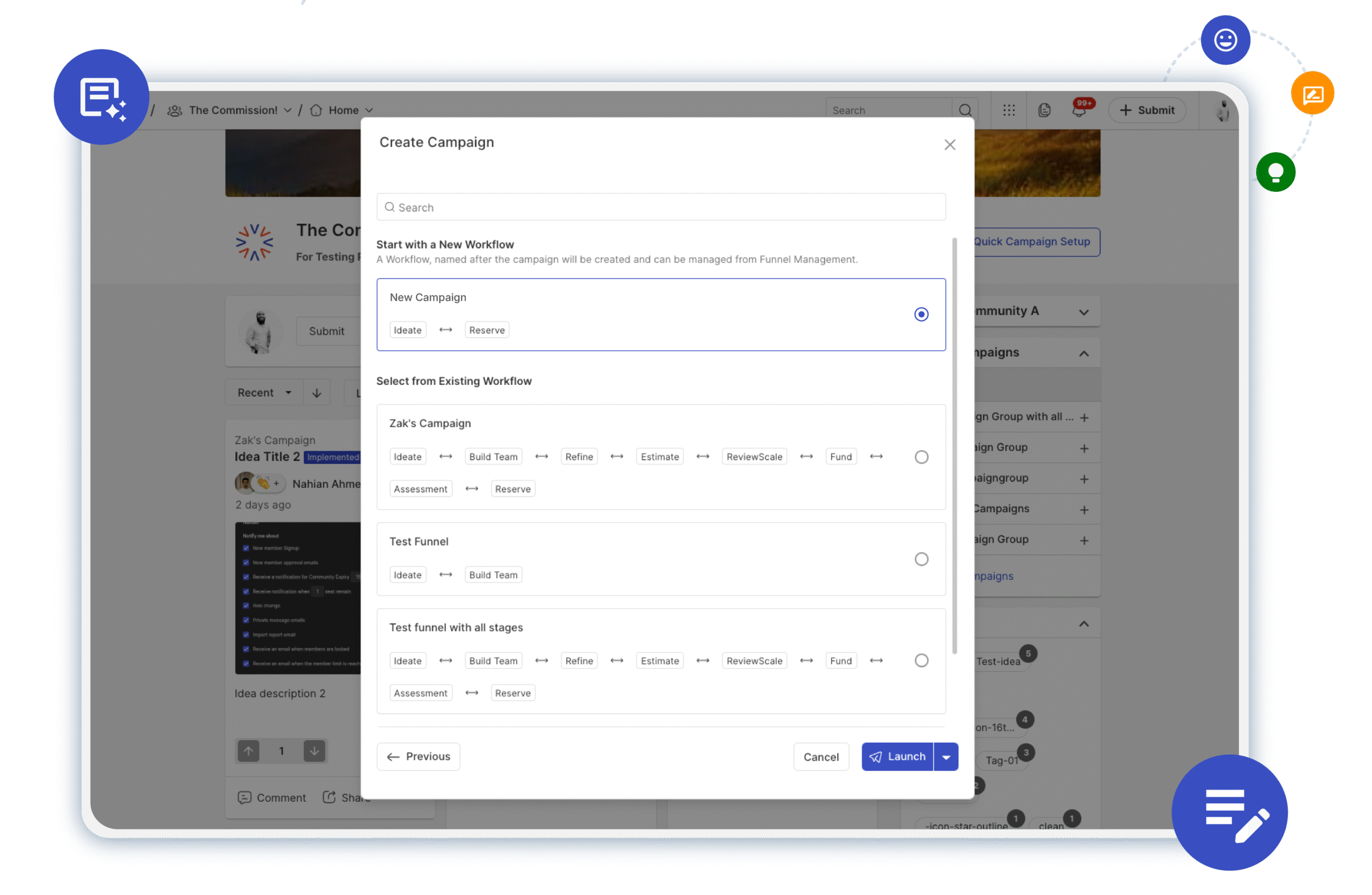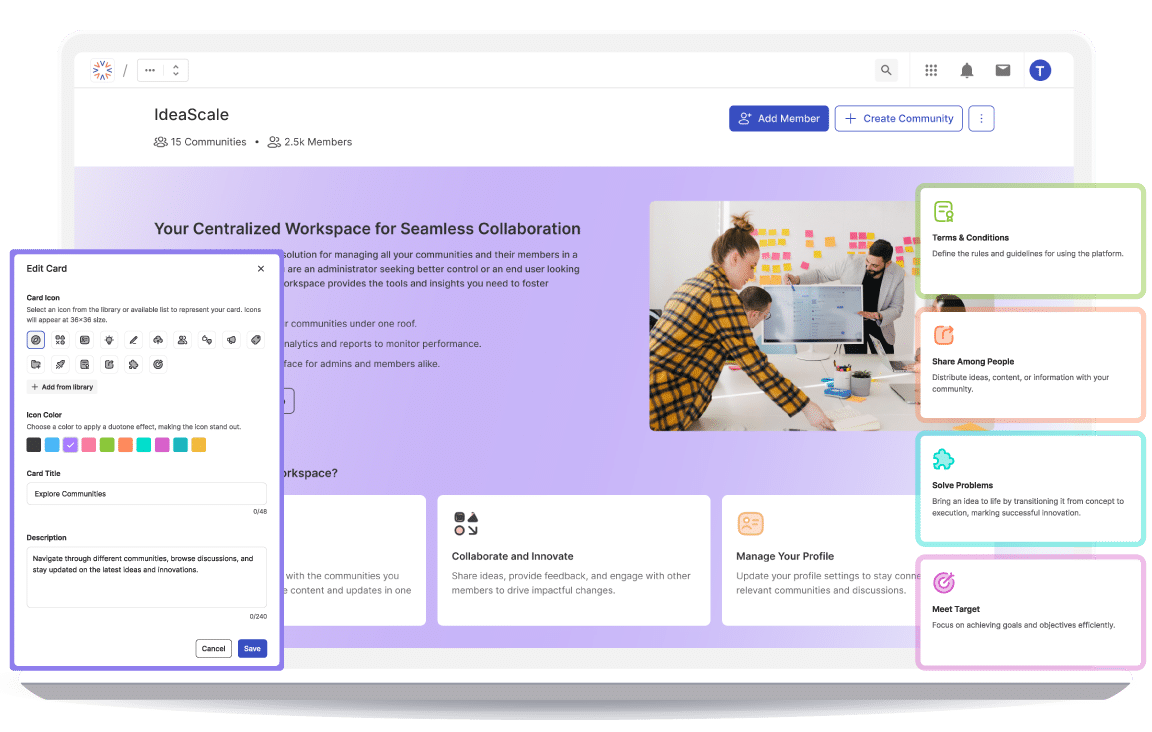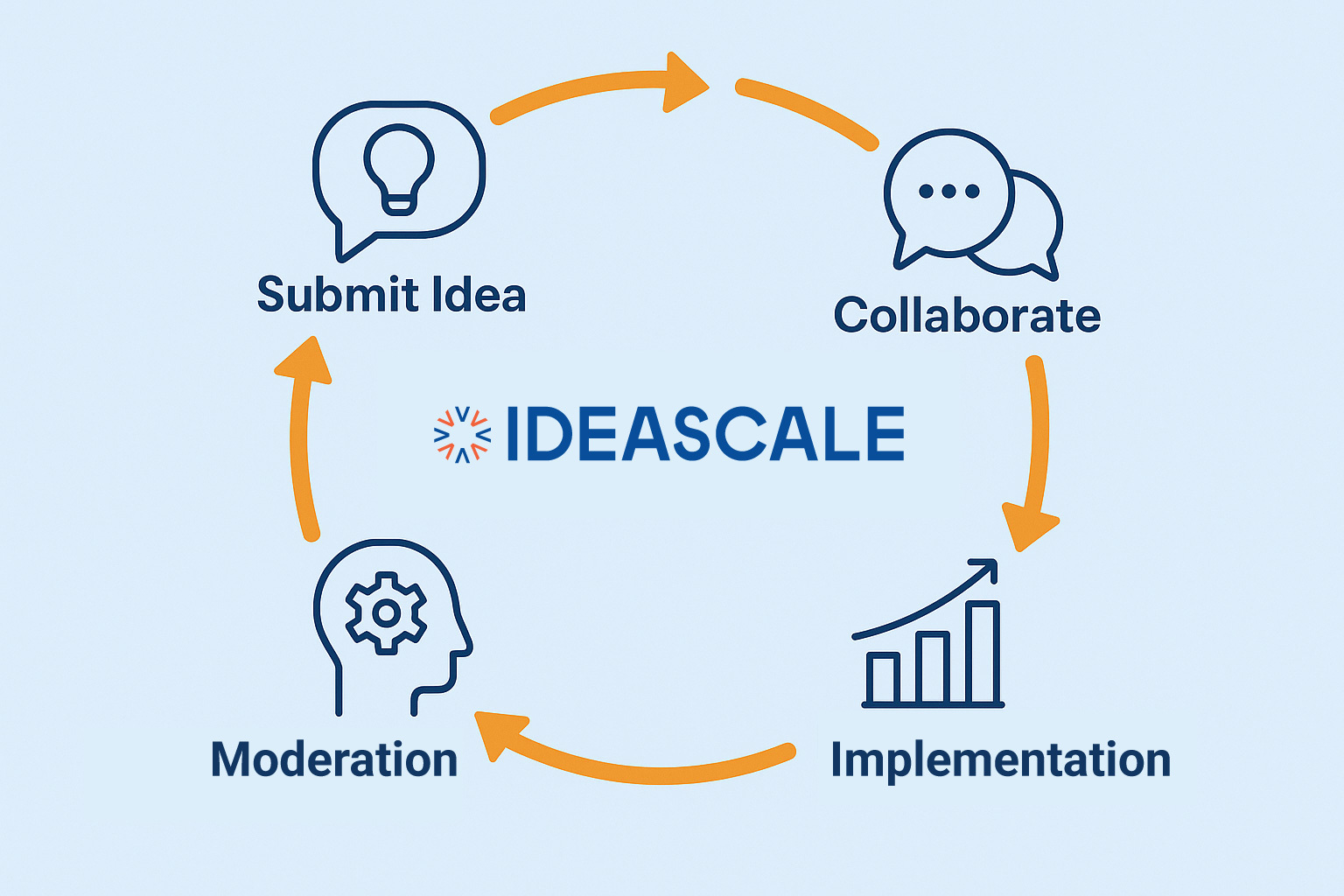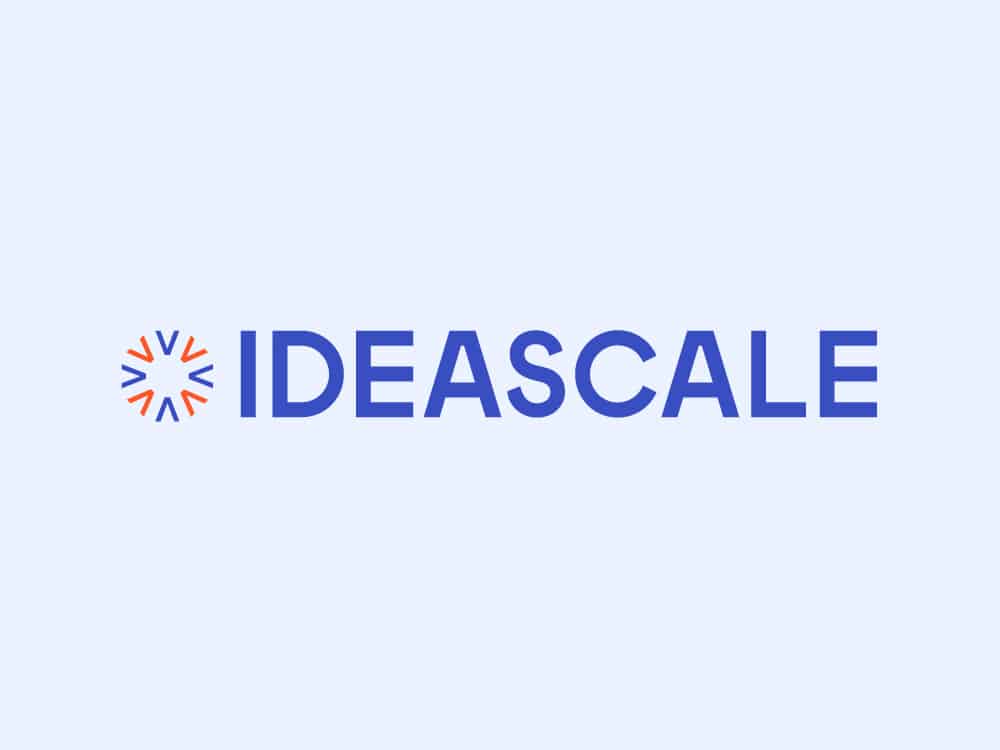Overview: Collaboration is a crucial workplace skill. Yet, it has to be learned, even with the best team members. Leading by doing, open-mindedness, constructive debate, clear communication, organization, thinking in the long term, and being adaptable are all skills that should be encouraged in the workplace for both day-to-day and innovation strategy purposes.
It’s easy to blame a lack of collaboration on differing work styles, clashing personalities, and so on. The truth, however, is good collaborative skills are learned, regardless of the mix, and can often mitigate these factors.
Here are the core skills to look for when it comes to collaboration in the workplace and how to encourage them.
Leading By Doing
This is, by far, the most important skill. Team members follow the example set by their leaders, and co-workers follow the example set by those around them. Part of encouraging collaboration is using all the skills you want your team to show so that they’ll do the same so that it rolls down into the culture. Practicing leading by doing can’t really be taught; you simply have to commit to doing it.
Clear Communication
Our world of collaborative tools has made communication faster but not necessarily better. We’ve all had the experience of an online work chat deciding that an issue is settled. Except for the one person who’s still reading.
Create procedures that encourage communication, both in precise language and in the larger emotional sense. Make it a standard procedure that if somebody is unsure what’s meant to follow up instead of assuming, for example. Establish online learning that helps people stay up to date on language and learn business communication. And above all, encourage people to say exactly what they mean, without making assumptions about their audience, while using tact.
 Being Organized
Being Organized
Organized thinking and discussion are often key to being understood. Yet, the trick is not to demand that everyone be organized in the same way but to give them the tools to organize in a way others can understand.
For example, this piece is organized with a thesis at the beginning and then discreet short pieces on each section of that thesis and a conclusion at the end. There’s no particular reason you couldn’t read each of these essays out of order; it wouldn’t affect the overall impact of the piece.
Similarly, organization affects your approach to information. Some of our readers will hop to the topics they’re most interested in. Others will read a section, click internal links, or research other topics on their own. And others will read this from start to finish.
Encourage your team to look closely at their personal organization styles and how others interact with the way they organize. For example, do they notice some of their coworkers change around the sorting on their spreadsheets or read their emails “out of order?” Understanding how we organize information will encourage more collaboration by making information more accessible.
Open-Mindedness
Workplace collaboration starts with having an open mind. One of the core stumbling blocks, especially in organizations with a long history, is that a certain process or approach is the best solution at the time, becomes widely used, and is never revisited. This can make it difficult to consider new approaches, especially if there are other obstacles like a perceived high learning curve or a struggle for institutional uptake.
Open-mindedness is best encouraged by adopting policies that encourage people to ask why. Make it part of your reports and meeting structure. If a new idea either “won’t work” or “is perfect,” it should be made clear why, and the team should discuss those reasons and see if they all agree. This will help everyone consider their axioms and biases.
 Constructive Debate
Constructive Debate
Constructive debate should be part of any process. There are naturally going to be differing opinions on how to achieve a goal, whether it’s where to go for lunch or the five-year plan for the broader company. A full hearing and airing of those opinions are not only good for debate. It helps bring out other concerns and approaches that might not otherwise emerge.
To encourage debate, again, you need to encourage asking why. However, as not everyone has the confidence or time to speak up in debate, create spaces where they can express their opinions, and those opinions can be discussed. Offer the option of anonymity to maximize comfort.
Long-Term Thinking
We often think in the short term. What are we having for lunch? What needs to get done today? Or what should I have ready for tomorrow’s meeting?
We rarely balance it by considering the long term, even when our short-term goals are structured to achieve something in the more distant future. Keeping the long-term in mind should involve regular reminders about the overall goal and ensure that the long-term impact is discussed in every short-term discussion.
Structured steps can also help. Breaking down your institutional goals into short-term steps can make the task more manageable while keeping the long-term in focus. And don’t forget to encourage consideration and discussion of how both short and long-term goals are met.
 Adaptability
Adaptability
Circumstances can change fast in any industry, and that pace of change is only speeding up. Consider how different smartphones are now from where they were when they were first introduced; they’ve gone from a luxury from one manufacturer to completely ubiquitous, all in the space of less than fifteen years. We can make plans for five years or five months, but they’re going to have to change.
Encourage your team to incorporate new information into the short and long-term thinking they do. Have them present why they think these trends matter and how they’ve influenced their reasoning. Keep the door open to debate, as well; how we treat information will change as more of it becomes available.
Collaboration is both a skill and a set of skills, and workplace collaboration will require more than just a few policy changes. To learn how innovation platforms can help your team work more closely together and achieve superior results, request a demo!
Most Recent Posts
Explore the latest innovation insights and trends with our recent blog posts.


 Being Organized
Being Organized Constructive Debate
Constructive Debate Adaptability
Adaptability










